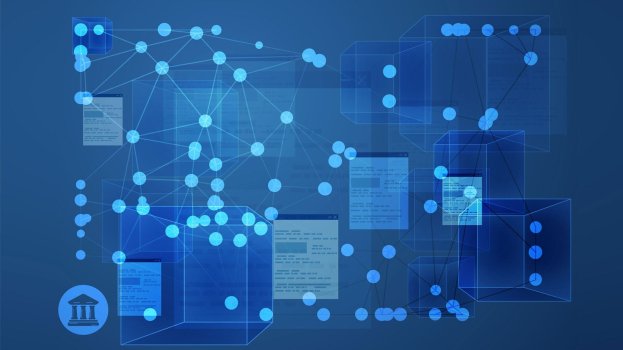Anna Masker, an Entrepreneurs' Organization (EO) member in New York, is a founding partner of ProfitLinq, a scalable outsourced finance and accounting solution for fast-growing crypto and blockchain companies. We asked Masker, a member of the Accounting Blockchain Coalition, how the decentralization of banking will impact the accounting industry. Here's what she shared:
Seldom does a person use the words "accountant" and "innovation" in the same sentence. However, with the evolution of Web 3.0, accounting firms must adapt to the innovations coming with blockchain technology or risk getting left behind.
What is Web 3.0?
Web 3.0 (also referred to as Web3) refers to the evolution of decentralized, blockchain-based applications that bring trade and commerce to a new level. Blockchain, simply put, is a distributed ledger technology that provides an immutable record of transactions between parties. Once a transaction is cryptographically recorded to a blockchain, the transaction cannot be altered, modified, or removed. Copies of the ledger are stored among many computers across the world, enhancing trust and providing transparency to the transactions on the ledger.
Web 3.0 decentralizes information storage but also allows peer-to-peer transactions through programming of "smart" contracts, which can transfer money, rights, and property between parties very efficiently. The evolution of smart contracts eliminates many of the middlemen--like banks--that facilitate transactions between parties. As a result, an entire financial system exists outside of the current traditional banking system. In this blockchain-based ecosystem, individuals and businesses are transacting among themselves, buying, borrowing, lending, and investing without needing to use a bank.
In addition to the evolution of smart contracts, a new class of digital assets has evolved in Web3, including cryptocurrencies and non-fungible tokens (NFTs). The underlying blockchain technology has allowed these digital assets to take on many different use cases, from governing decentralized organizations to payments, investments, or currency and collectibles in virtual reality metaverses.
Continue reading: https://www.inc.com/entrepreneurs-organization/3-ways-web3-may-impact-accounting-and-how-to-prepare.html
Seldom does a person use the words "accountant" and "innovation" in the same sentence. However, with the evolution of Web 3.0, accounting firms must adapt to the innovations coming with blockchain technology or risk getting left behind.
What is Web 3.0?
Web 3.0 (also referred to as Web3) refers to the evolution of decentralized, blockchain-based applications that bring trade and commerce to a new level. Blockchain, simply put, is a distributed ledger technology that provides an immutable record of transactions between parties. Once a transaction is cryptographically recorded to a blockchain, the transaction cannot be altered, modified, or removed. Copies of the ledger are stored among many computers across the world, enhancing trust and providing transparency to the transactions on the ledger.
Web 3.0 decentralizes information storage but also allows peer-to-peer transactions through programming of "smart" contracts, which can transfer money, rights, and property between parties very efficiently. The evolution of smart contracts eliminates many of the middlemen--like banks--that facilitate transactions between parties. As a result, an entire financial system exists outside of the current traditional banking system. In this blockchain-based ecosystem, individuals and businesses are transacting among themselves, buying, borrowing, lending, and investing without needing to use a bank.
In addition to the evolution of smart contracts, a new class of digital assets has evolved in Web3, including cryptocurrencies and non-fungible tokens (NFTs). The underlying blockchain technology has allowed these digital assets to take on many different use cases, from governing decentralized organizations to payments, investments, or currency and collectibles in virtual reality metaverses.
Continue reading: https://www.inc.com/entrepreneurs-organization/3-ways-web3-may-impact-accounting-and-how-to-prepare.html

